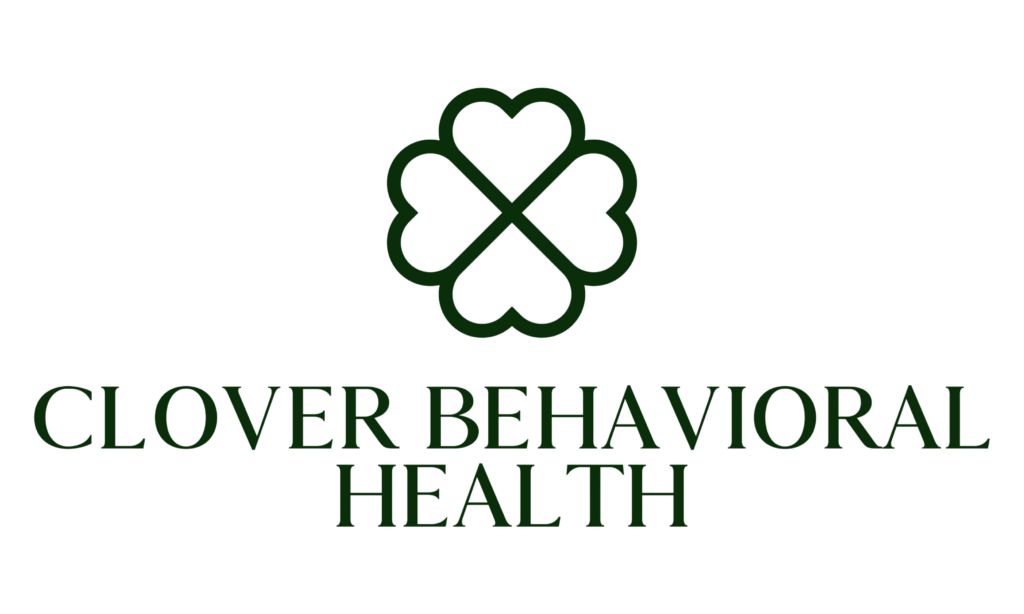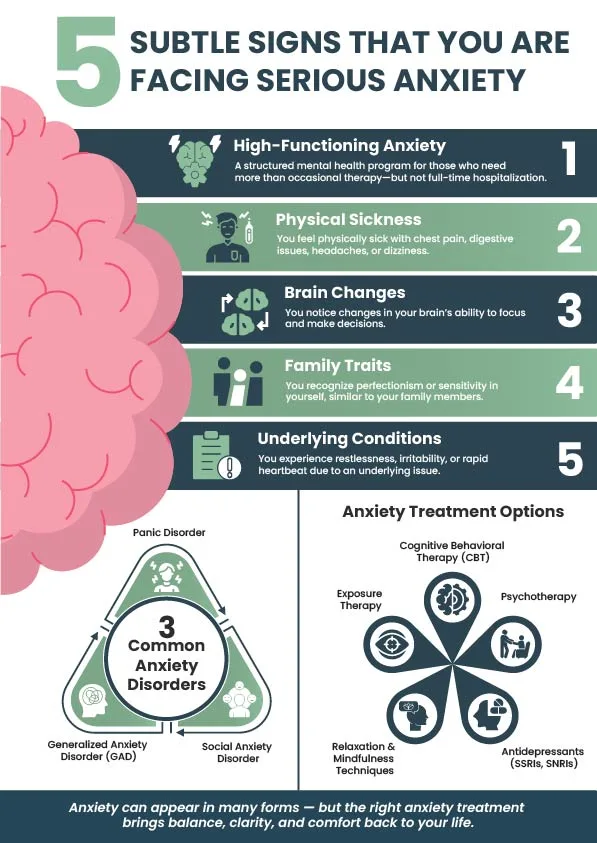The truth is, anxiety and depression don’t care where you live. And even though more people are talking about mental health these days, it can still be really hard to get help. Some folks don’t know where to start. Others are stuck waiting weeks (or months) to see someone. And for many, just saying “I’m not okay” feels scary or even shameful.
That’s exactly why focusing on depression and anxiety treatment in Dracut matters.
People here, just like anywhere else, are dealing with stress, isolation, financial pressures, and family struggles. Sometimes, it gets overwhelming, and that’s when help is needed the most.
But even though mental health issues are common, many people in Dracut still face real barriers when it comes to getting the care they need.
Whether it’s the weight of bills piling up, the stress of raising kids, feeling lonely, or just going through a tough time, everyone has their own battles.
Where Do You Start If You’re Struggling?
Dracut might not have a huge psychiatric hospital right in town like McLean over in Belmont, but that doesn’t mean you’re out of options. In fact, there’s solid mental health support available right here or just a short drive or click away.
Most people start by talking to their regular doctor. And that’s actually a great place to begin.
These days, many primary care clinics ask how you’re feeling emotionally, not just physically, during checkups.
Research shows that around half of all primary-care patients present with psychiatric symptoms during visits, and 60% of psychiatric care happens in that setting.
It’s usually just a few simple questions, but it can open the door to getting real help.
If it turns out you need a little more support, your doctor can connect you with someone who specializes in mental health, like a therapist or counselor. And thanks to online therapy, you can now talk to a professional from the comfort of your own home, which is a big relief for anyone who’s busy, nervous, or just prefers privacy.
So yes, Dracut may be a small town, but you’re not alone—and you’re not stuck. Support is there. It just starts with reaching out. Outpatient mental health providers include therapists who offer evidence-based care like CBT, as well as medication management by psychiatrists and psychiatric nurse practitioners.
What Gets in the Way of Getting Help in Places Like Dracut?
It’s Hard to Find the Right Help Nearby
Let’s be honest, sometimes, it’s just tough to find a mental health provider, especially in smaller towns and suburbs. Across the country, millions of people live in areas where there just aren’t enough therapists or counselors to meet the need, and Massachusetts is no different.
Here in Dracut, it can be especially hard if you’re looking for someone who works with children or teenagers. A lot of families find themselves either waiting for weeks or having to travel out of town to get the right support. That’s not always doable, especially if you’re juggling work, kids, or transportation issues.
Therapy Can Be Pricey
Cost is another big reason people don’t get the help they need. Without insurance, a single therapy session can cost well over $100, and that adds up fast. Even if you do have insurance, it doesn’t always cover everything, or you might find that no nearby therapists accept your plan.
For many families, mental health care just isn’t in the budget, even though it’s just as important as physical health. And unfortunately, thousands of people in Massachusetts are still uninsured, which makes things even harder.
People Still Feel Ashamed to Ask for Help
And then there’s the part that’s a little harder to talk about: the stigma. For a lot of people, especially in close-knit or more traditional families, there’s still a sense that you’re supposed to “tough it out” or keep your problems to yourself.
It’s no surprise, then, that the average person waits around 11 years between the time they first start struggling and when they actually get help. That’s a long time to carry something heavy on your own.
The truth is, asking for help isn’t weak – it’s brave. But we still have a lot of work to do to help people feel safe and supported enough to take that first step.
So yes, while help is out there, things like long waitlists, high costs, and fear of judgment can make it hard to reach. That’s why talking about these challenges, openly and honestly, matters so much – because the more we talk, the more we break down the walls that keep people from getting better.
How Can We Make Mental Health Support Easier to Get in Dracut?
Getting help for depression and anxiety shouldn’t feel like an uphill battle. Luckily, there are real ways we can make support more available, affordable, and comfortable for people in Dracut. Here’s how our community can step up:
Make Telehealth More Available and Easier to Use
Not everyone can take time off work, find a babysitter, or drive across town to see a therapist – and that’s okay. Online therapy (also called telehealth) has become a lifesaver for so many people.
Dracut can support this by encouraging local therapists to offer remote sessions, and by making sure everyone in town has access to strong internet, so they can talk to a therapist right from home, no stress, no travel.
Bring Mental Health Into Everyday Doctor Visits
Most people see their family doctor more often than they see a therapist. That’s why it makes sense to bring mental health into the primary care setting.
We can encourage clinics in Dracut to check in on how patients are feeling emotionally, not just physically. A quick mental health screening during a regular checkup can catch problems early. And with a care manager following up, people are less likely to slip through the cracks.
Support Kids and Teens at School
Kids are under more pressure than ever. The good news? Schools can play a huge role in supporting their mental health.
Dracut schools can expand their counseling teams and team up with local mental health organizations to bring in extra help. Even better, schools could offer small group programs – like CBT workshops—that help kids build real-life coping skills before things get too overwhelming.
Make Therapy More Affordable
Let’s face it, therapy can be expensive. But that doesn’t mean it has to be out of reach.
We can spread the word about local clinics that offer sliding-scale fees based on income, so more families can afford care. And for those who are comfortable with it, many online therapy platforms offer more budget-friendly options than traditional in-person sessions.
Talk About Mental Health Openly and Often
One of the biggest barriers to getting help is feeling ashamed to ask for it. That’s why we need to keep the conversation going.
Dracut can host mental health talks at schools, churches, libraries, and community centers, simple gatherings where people can learn, ask questions, and hear stories from others who’ve been through it. When we normalize mental health struggles, we make it easier for people to raise their hand and say, “I need help.”
Clover Behavioral Health is available if you’re feeling overburdened and need support.
Emotions can be difficult to manage, and life can feel heavy at times. You don’t have to deal with it alone. We are available to listen to you, offer you support, and provide care that meets your needs. We’ll work together to help you regain your sense of self, feel stronger, and find your footing.
Key Takeaways
In Dracut, depression and anxiety affect a lot of people, and asking for assistance can be challenging. Cost, lengthy waitlists, or simply the fear of being judged are some of the things that frequently get in the way. However, you don’t have to face it alone. There is genuine, compassionate support available. People who genuinely care about your well-being and want to see you feel stronger, more stable, and more like yourself can be found at Clover Behavioral Health. No embarrassment. There is no pressure. Simply compassionate care that meets you where you are and takes one step at a time to help you feel better.















